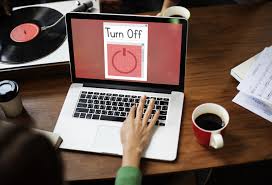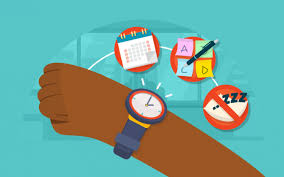8 Simple Activities That Can Sharpen Our Minds
Jan 23
Just as the body needs physical exercise, the brain also requires a good workout. This simply keeps the mind sharp and save us from memory loss. When we gain new experiences, it develops our mind and makes it healthier.
- Using your non-dominant hand
When brushing your teeth, texting, or holding your spoon, try using your least dominant hand. Meaning, if you’re right-handed, use your left and vice versa. This gives the brain an exercise because it is something that the brain is not used to.
- Closing your eyes
By impairing ourselves of vision, we can rely more on our other senses. For example, when you’re in the shower try to keep your eyes closed and trust your sense of touch. Turn the shower on and off without having to open your eyes. Only do this with tasks that you’re sure you can be safe of course.
- Reading aloud
There is a difference between reading out loud and reading only in our mind. The former is better because it engages our sense of hearing as well, instead of just using our sight. By doing this, we also use our mouths, hence we have practice in speech.
- Meditating
These days, because we do too many things and almost always use our brain, we can get easily stressed out. Meditation helps us to deal with stress and strengthens our ability to focus. It gives the brain much needed rest and a time to reset from a tiring day.
- Doing some problem-solving activities
Escape rooms are still a trend and for good reason. It requires you to think critically and pay close attention to detail to succeed. From the most challenging ones like Lost SG, or the most terrifying that is Encounter, you could go all around Singapore and find many escape rooms. If you just want to sit on the couch though, you could also immerse yourself in Sudokus or crossword puzzles.
- Taking a different route to work/school
Taking a different street from your usual route to work or school can increase brain activity. This is because you’re learning something new by presenting yourself to a new environment. Your brain takes the information that the new route you take still leads to your destination. Of course, only do this if you’re not late.
- Learning something new
New experiences increase the release of dopamine in our brains. It is the neurotransmitter involved with our reward and pleasure centers. Learning a new recipe, practicing a new instrument, or even learning a new language can stimulate our brains and help keep it sharp and active.
- Engaging in more social interactions
Instead of staying in front of a computer chatting with your friends, why not just try to see each other if you can. Talking and interacting with others personally helps keep our brain fresh because we use our emotions a lot more. Additionally, this also keeps our bond and relationships with others strong.
Read More















